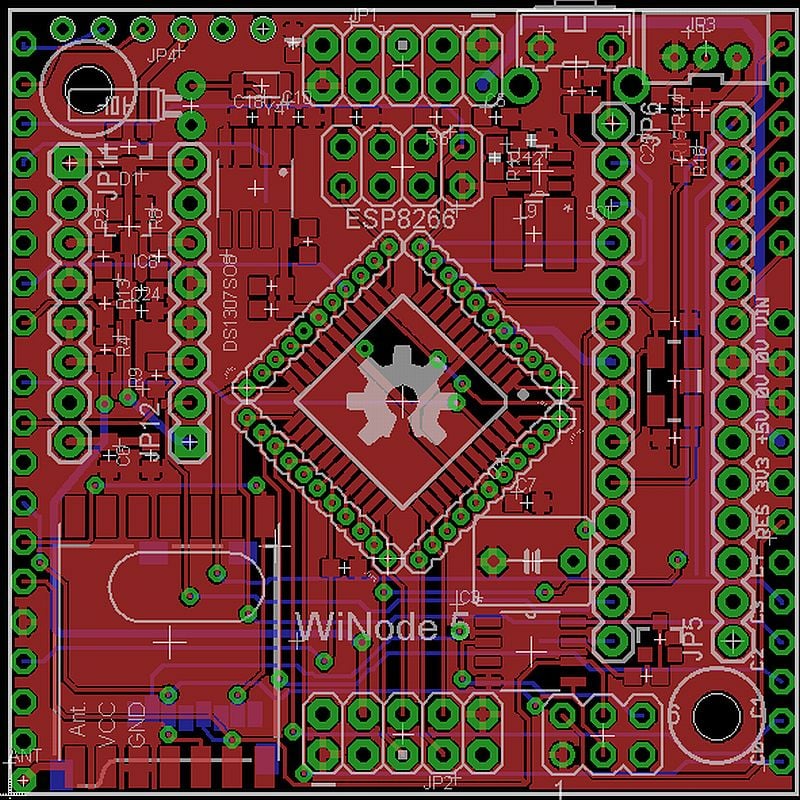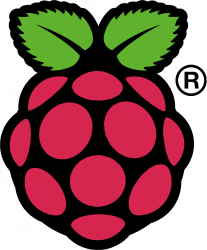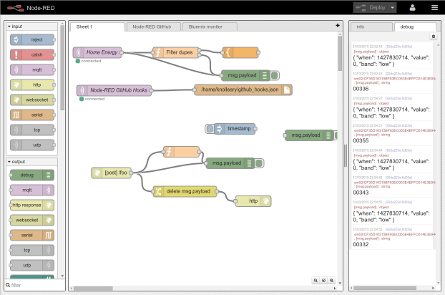In partnership with the BCS OSSG and BCS OSHUG, this conference explores the increasingly vital role of Open Source as an enabler in the world of electronic systems. It will provide attendees with an informative view of:
- The benefits and challenges of using open-source
- Leading electronic systems organisation using open-source today sharing their experience
- The breadth of opportunities presented by open-source, from application software down to silicon IP
- Open-source capabilities from a range of leading suppliers
The event will be held on Tuesday 10th May at BCS HQ – 1st Floor, The Davidson Building, 5 Southampton Street, London, WC2E 7HA, [map] from 6:00pm to 9:00pm.
Note: Please aim to arrive by 9:15am as the event will start at 9:30 prompt.
This event is free to attend for both BCS Members and non-members but booking is required. Places are limited; please book as soon as possible.
Meet the Supplier Pitches
Provider of Open Source solutions or services? Give a 2 minute pitch!
Session 1: Challenges & Opportunities
Open Source: The Enabler for IoT Greatness (and Mediocrity)
Strip the layers of marketing fluff on the shiny new Internet of Things devices and you will find, in almost all cases, a slew of great Open Source projects powering these little gadgets, to perform their intended duties. Go up a layer and guess what — the cloud is full of Open Source too!
This talks uses IoT as a case study in explaining how Open-Source makes rapid iterations and complex interconnected things happen very quickly. While this all sounds great, we will also look at how certain approaches in “openness” actually cause more problems than they solve especially when it comes to interoperability between ecosystems.
Omer Kilic is an Embedded Systems Engineer who enjoys working with small computers of all shapes and sizes. He works at the various intersections of hardware and software engineering practices, product development and manufacturing. He is the Chief Hacker at Den Automation, an Internet of Things hardware startup in London.
Sailing the open seas
Deciding to operate a business with an ‘Open Source’ mindset, and looking beyond “why would you give everything away for free?”, there are interesting business models to be had. Those invariably come with challenges, but also have the benefits that are derived from maintaining a culture of openness. Boldport is a small business that open sourced their primary internal software tool, PCBmodE, and who releases all their hardware designs as ‘Open Source hardware’. We’ll discuss where ‘openness’ is challenging and where it has created opportunities, all with a hardware perspective.
Saar Drimer combines his obsessive doodling, love for circuit design, programming, and problem solving into Boldport’s products and services. As an engineer he’s learned to appreciate the value of adopting industrial design thinking and making it an integral part of his design process. He studied electrical engineering at UC Santa Cruz, and researched the topic of hardware security for his PhD at the Computer Lab, University of Cambridge.
Session 2: Practical Solutions
Red, Amber, Green: Free and Open-Source Software in the Supply Chain – When to Avoid, Tread Carefully and Embrace
Almost all software projects have an aspect of Open Source: and for very good reason. With reference to client case studies, Andrew considers how to maximise the utility of Open Source code, both in terms of the code itself, and engaging with the communities around it, and mitigating risk throughout the supply chain.
Andrew Katz is a UK-based lawyer specialising in FOSS and open content.
Prior to becoming a lawyer, Andrew Katz was a developer and has released software under the GPL. He advises individuals, corporations, foundations and public sector organisations on FOSS law issues, and is a visiting researcher at the University of Skövde, Sweden, and visiting lecturer at Queen Mary, University of London. He is a founder editor of the Free and Open Source Software Law Review.
(more…)
 The Berkeley Software Distribution started out as a patch set to AT&T UNIX in the 70’s and grew to a complete Operating Systems. Today several projects continue to develop variant operating systems based on the work originally started by the Computer Science Research Group, each with a different area of focus.
The Berkeley Software Distribution started out as a patch set to AT&T UNIX in the 70’s and grew to a complete Operating Systems. Today several projects continue to develop variant operating systems based on the work originally started by the Computer Science Research Group, each with a different area of focus.


 Node-RED
Node-RED